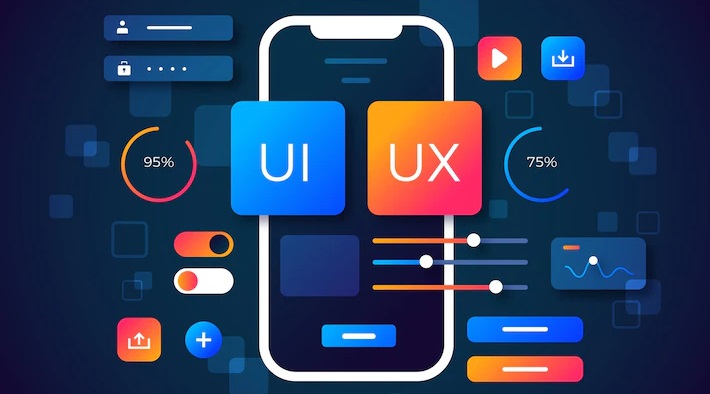Few Interesting Facts About App Development Before Getting Started
Mobile Apps are evolving by the day and becoming more sophisticated and user-friendly. There is an App for almost everything that we do like; gaming apps, educational apps, smart home apps, social media apps, banking apps, shopping apps, news apps, and many more. Every business wants to move ahead with time and therefore building an app is a part of their marketing strategy. Through this Blog, let us get you acquainted with some interesting app-related trivia that you wouldn’t have heard of.
What is a Mobile App?
An app is the brand’s individual identity to reach out and stay connected with its customers. Smartphone apps are coded by software developers and are suitable for devices that are handy and pocket-friendly; such as; mobiles and tablets. iOS and Android users are entitled to download apps through The Apple Store (iOS devices) and Google Play (Android devices) onto their phones and tabs. Some apps are free, while others have a subscription plan to pay for. There are different categories of apps based on technology.
Native apps
These are designed for a particular mobile platform like iOS or Android and need to be downloaded from the respective stores. Examples of native apps are; Spotify, WhatsApp, SoundCloud, Facebook, and Wix.
Web-Based apps
These don’t need to be specially installed on mobile devices. Simply use the URL through the mobile or tablet and browse through the content. Most websites have a mobile version that is specially designed and coded to ease the viewing access of visitors. Web-based apps can be accessed via the browser itself. Customers can browse through numerous pages of the website and even fill out forms via their phones, just as they would do from their laptops/desktops. Examples of web apps are Netflix, Google Docs, and Microsoft Office, among others.
Hybrid apps
As the name suggests, a combination of web and native apps manifests the Hybrid type. This system follows a mid-way approach by sharing a few properties of both types of apps. It is essentially a web app but gives the users some features that native apps comply with. For example; you can access push notifications, use the calendar function, and link the device camera. Examples of hybrid apps are; Amazon app, Instagram, Twitter, Uber, Gmail, and other similar ones.
Spending More Time on Apps
According to a recent article, users spend about 4 to 5 hours per day on mobile apps and are even getting addicted to gaming and entertainment apps. In comparison to that, on websites, the audiences may spend only about 45 seconds, before switching off the window. People in the UAE are hooked to smartphones rather than desktops and computers. Even some modern schools in Dubai allow children to access Tablets to undertake assignments and engage in interactive content with the help of smart EdTech tools such as apps and whiteboards.
Mobile Shopping is the Future
Especially if you are in the retail space, it is beneficial to have an app such that consumers feel more comfortable shopping via the app. Post the pandemic phase, online shopping has picked up pace and now it’s become a habit. According to a survey, 64.5% of shoppers felt safer using apps rather than indulging in in-store shopping. And why not? When food, clothes, jewelry, and home essentials are delivered to your doorstep at the click of a button, it is just so convenient. The millennial population in the Middle East wants to stay up-to-date with the latest fashion trends and as soon as they hear the launch of a ‘new collection’ they start to add items to their app’s shopping cart and buy them before their friends do.
InApp Advertising
You must have noticed advertisements popping up while you are busy navigating through your apps. Little do you know, that in-app advertising is the largest source of income generation! In 2022 alone businesses were able to reach 81.3 $ billion worth of revenue, just by promoting their brands via in-app advertising. App ads are cheaper than shooting a full-blown commercial and the chances of conversion rate are higher because the Ads are linked to a landing page from where your customers can make an immediate purchase.
New Apps being released
Coding has become very common and everyone who has a passion for the tech space is entering the domain of app development and making good money. Plenty of self-study and DIY tutorials on app making are available online and even kids as young as 10 years of age participate in competitions and display their innovative apps. The Google Play Store has more than 5 million apps and several new ones are added daily. In conclusion, the app revolution is here to stay and evolve extensively. Schools in GCC are going ‘all out’ to include coding in the student’s curriculum, such that they are ready to face the outside world and be on par with the latest technologies. Robotify is used by tutors to teach kids computer science and coding by adopting Python and Blockly. The module allows learners to code virtual robots by building interactive APIs and even testing bugs to resolve errors. Who knows one day our little genius children will make it big in life by introducing life-changing apps.







Recent Comments